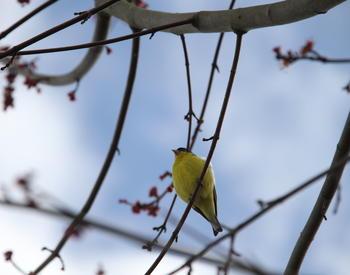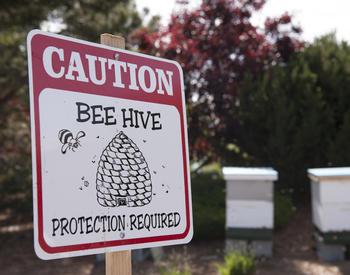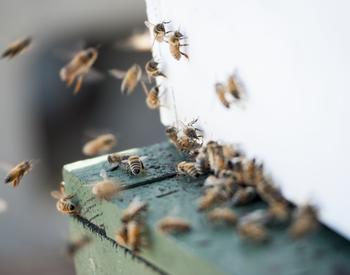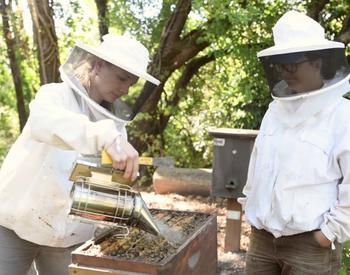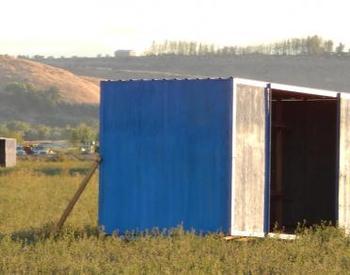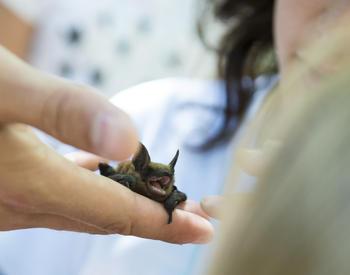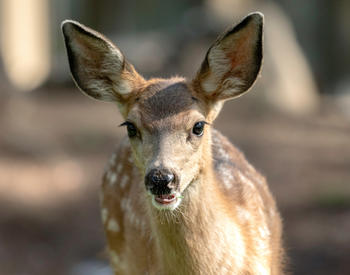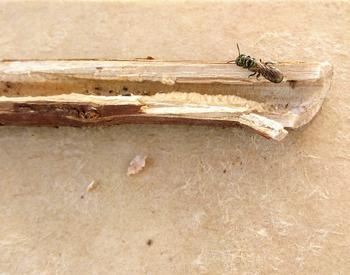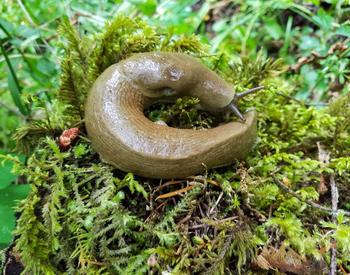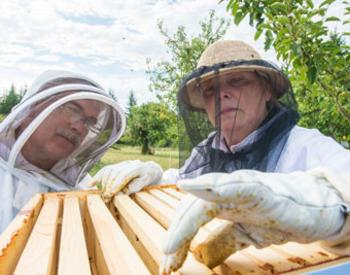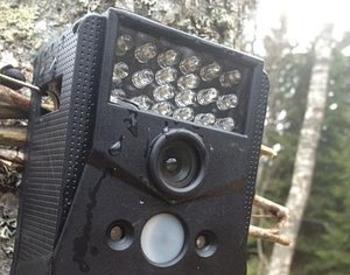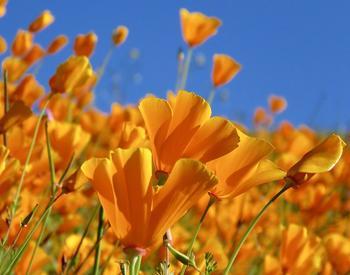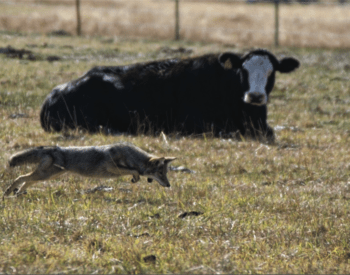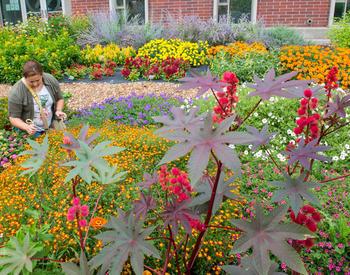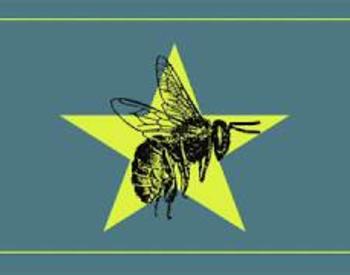Pollinators come in all shapes and sizes. Although we tend to recoil from the sight of wasps as they visit our picnics, set up nests in the eaves of our buildings, or dart through our outdoor spaces, they are an important part of our pollinating community.
Bees get a lot of attention as pollinators because one of their main jobs is to collect pollen from flowers in order to feed their young. This makes them pretty good at moving pollen from flower to flower, pollinating the plants around us.
Wasps don’t feed their young pollen, but rather insects (a natural pest-control in our gardens) and other types of meat. Even though they don’t collect pollen, they do visit flowers constantly to seek nectar for their own energy. As wasps visit these flowers, they inadvertently transfer pollen from plant to plant. Although this is a less efficient form of pollination, it is still quite impactful to our ecosystem.
Often, while surveying bees for the Oregon Bee Atlas it's a surprise the sheer number of wasps, flies, and beetles that are visiting flowers alongside our native bee species.
